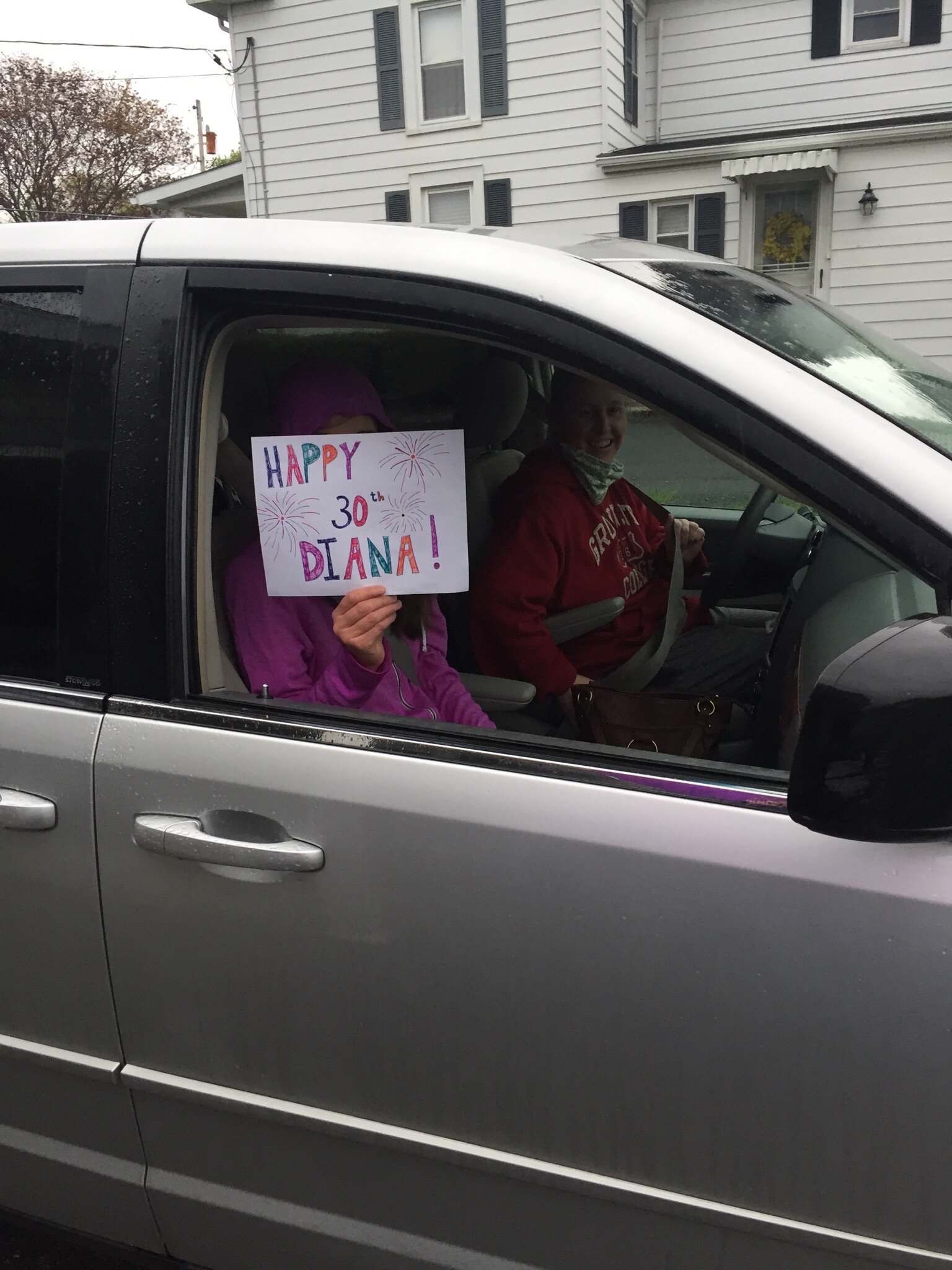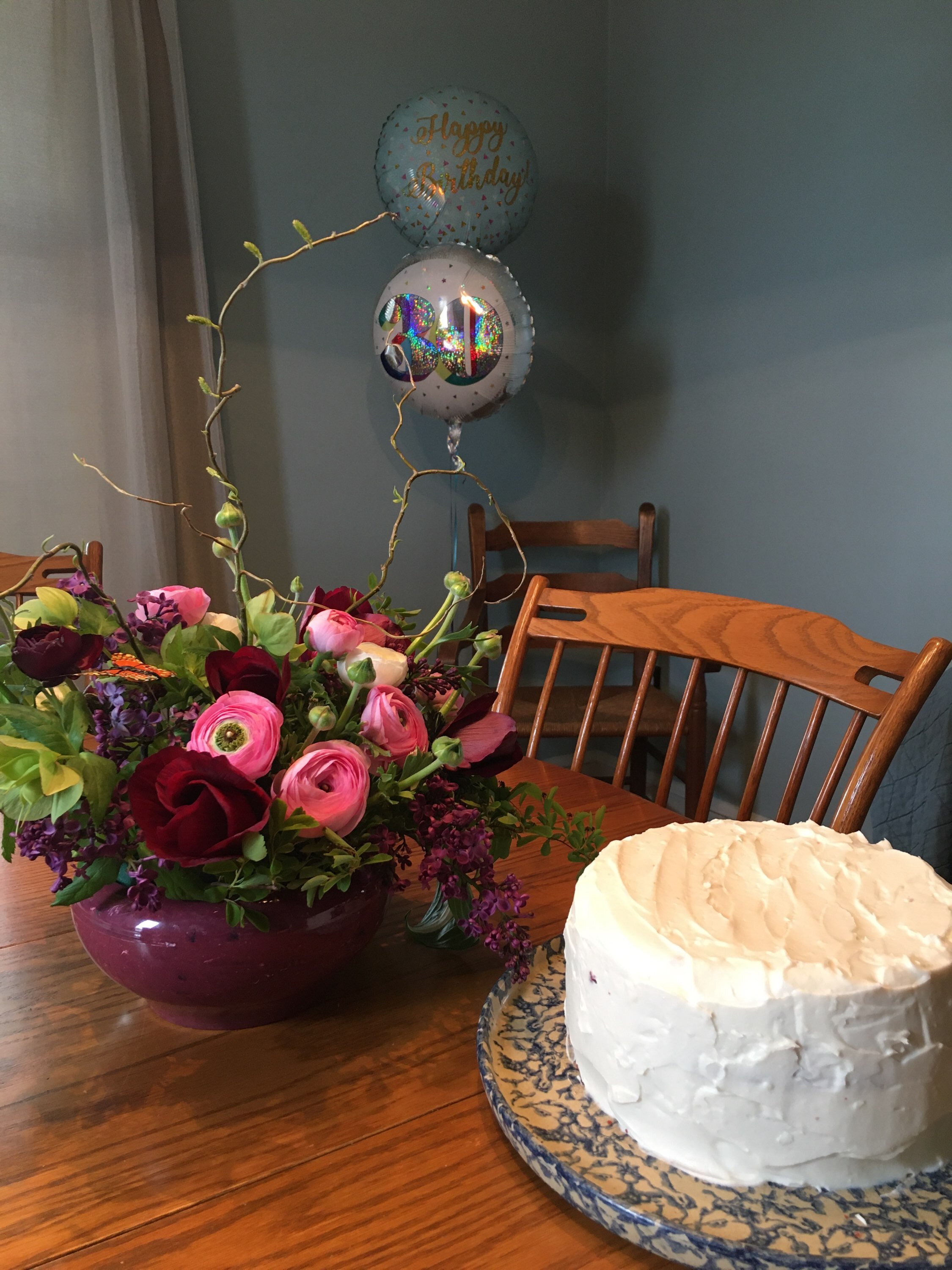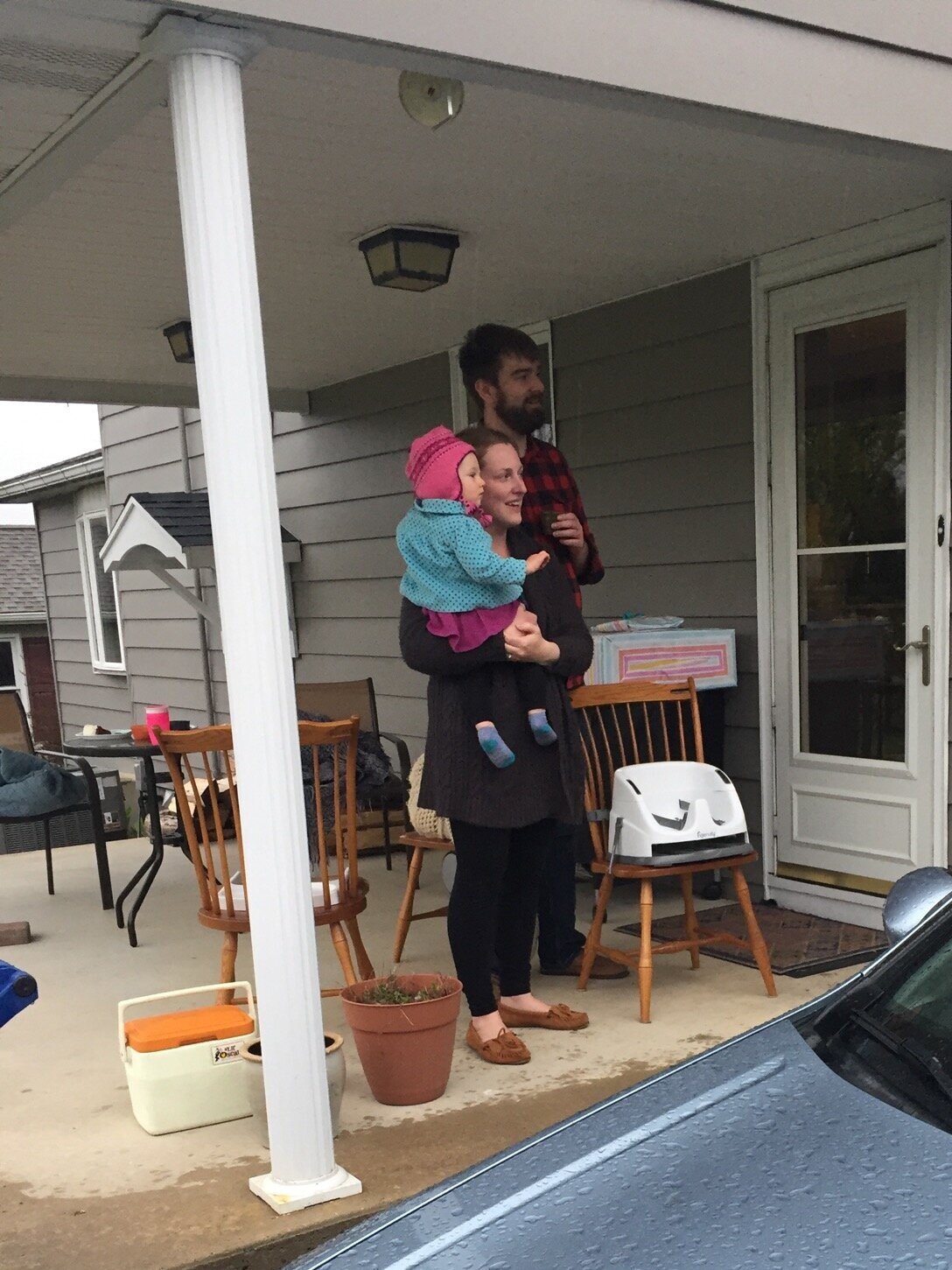We are living in a time in which there is no doubt that the world is broken. We’re feeling in real time the effects of all that is not right with the world. We’re facing sickness and death. We’re seeing conflict and greed and pride. We’re seeing broken systems that leave people vulnerable. We’re witnessing violence and dehumanization. We bear the ache of uncertainty and upheaval, of separation from each other, of anxiety and depression. I know I’m not alone in the desperate prayer Come, Lord Jesus.
In the face of such a time as this, the resurrection offers me audacious hope.
This hope is not ultimately, as many have explained it, about going to heaven when I die. I cannot count the times I’ve heard the comfort and hope of the Christian life described only this way. But the hope of the resurrection is not about escapism. It’s not about jumping ship and flying away to a disembodied, better place. It’s not one that lets me wash my hands of the world, believing it’s all going to burn.
No, the hope we have is much deeper—and, yes, more audacious. It is a hope that clings to a coming new creation. Jesus’ resurrection declares that our hope is not just about the renewal and rebirth of our souls (though this is a critical part of it), but it is also about a renewal and remaking of all of creation. At the end of the biblical story, we are given a picture of a new heavens and new earth, a place of tangible beauty and wholeness, made and remade for us. It is Eden restored, where we live and breath in resurrection bodies. Jesus’ resurrection was the guarantee of this, the first picture and first fruit of a new creation. The hope we have is not of going to heaven—it is of heaven coming down to earth, just as Jesus taught us to pray.
When you look at the world around you, it is one thing to believe that God will take you from it. It is another thing entirely to believe that God will return and transform it, will break it open like a seed and allow his life to burst forth. It is one thing to believe that we will be taken away from pain and sickness and death. It is another thing entirely to believe that pain and sickness and death themselves will be taken away, forever eradicated, fully and completely destroyed. I believe this sort of hope takes even more audacity to believe—to stand in the face of what our human experience has taught us to be unbreakable, unrelenting tyrants (sin and pain, sickness and death) and insist that they will not have the last say, that they will finally meet their end.
So as you stare out at a world that is broken and aching for redemption, stand with defiant hope. This is not the end. There will come a day when we will be restored—and creation will be as well.






